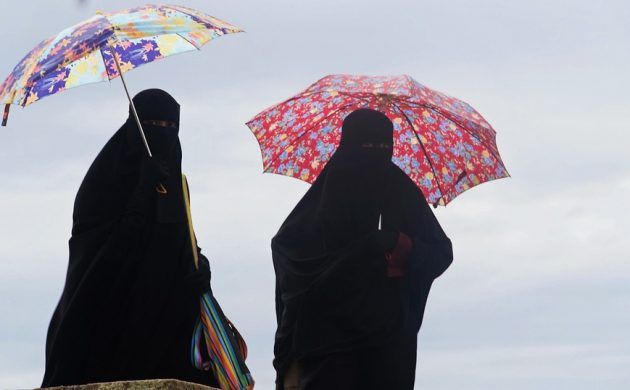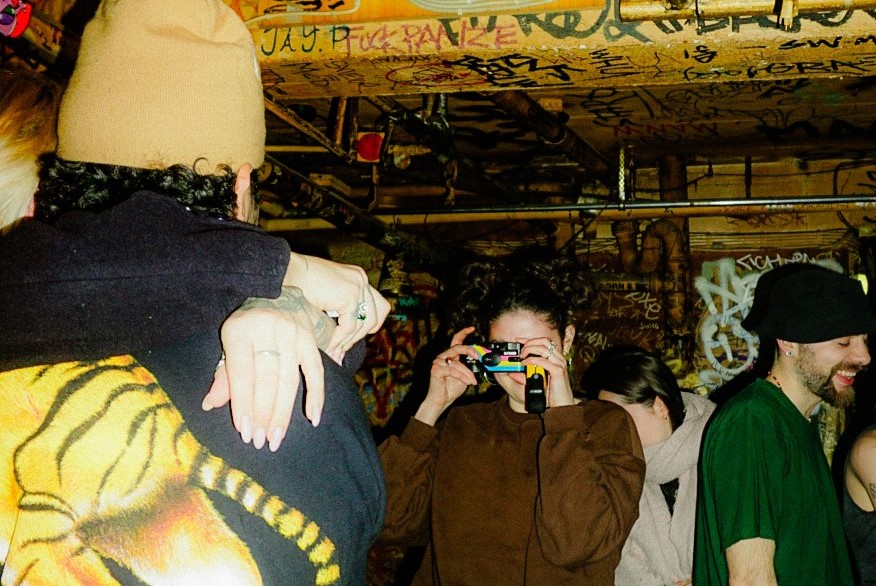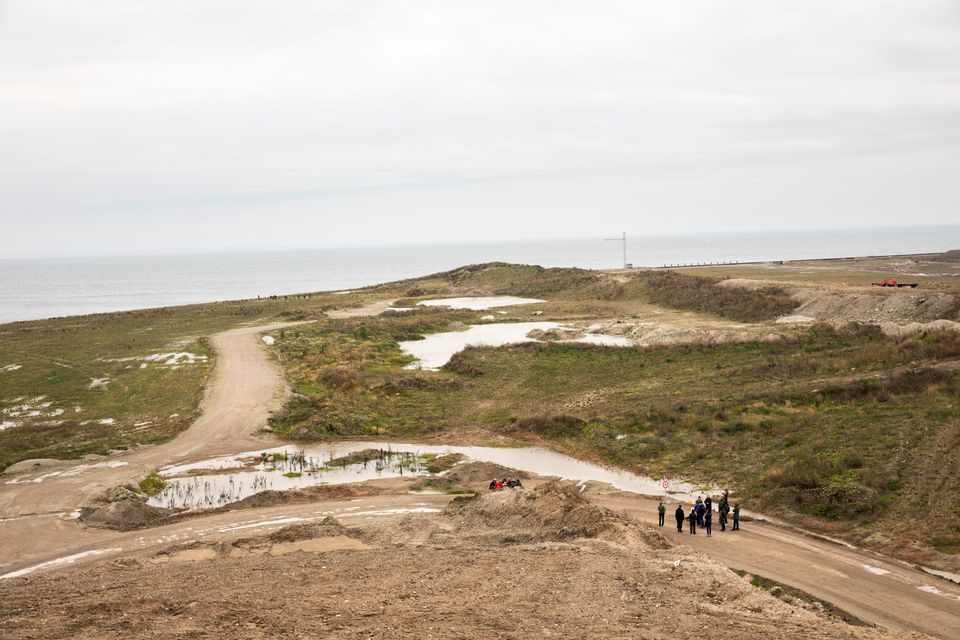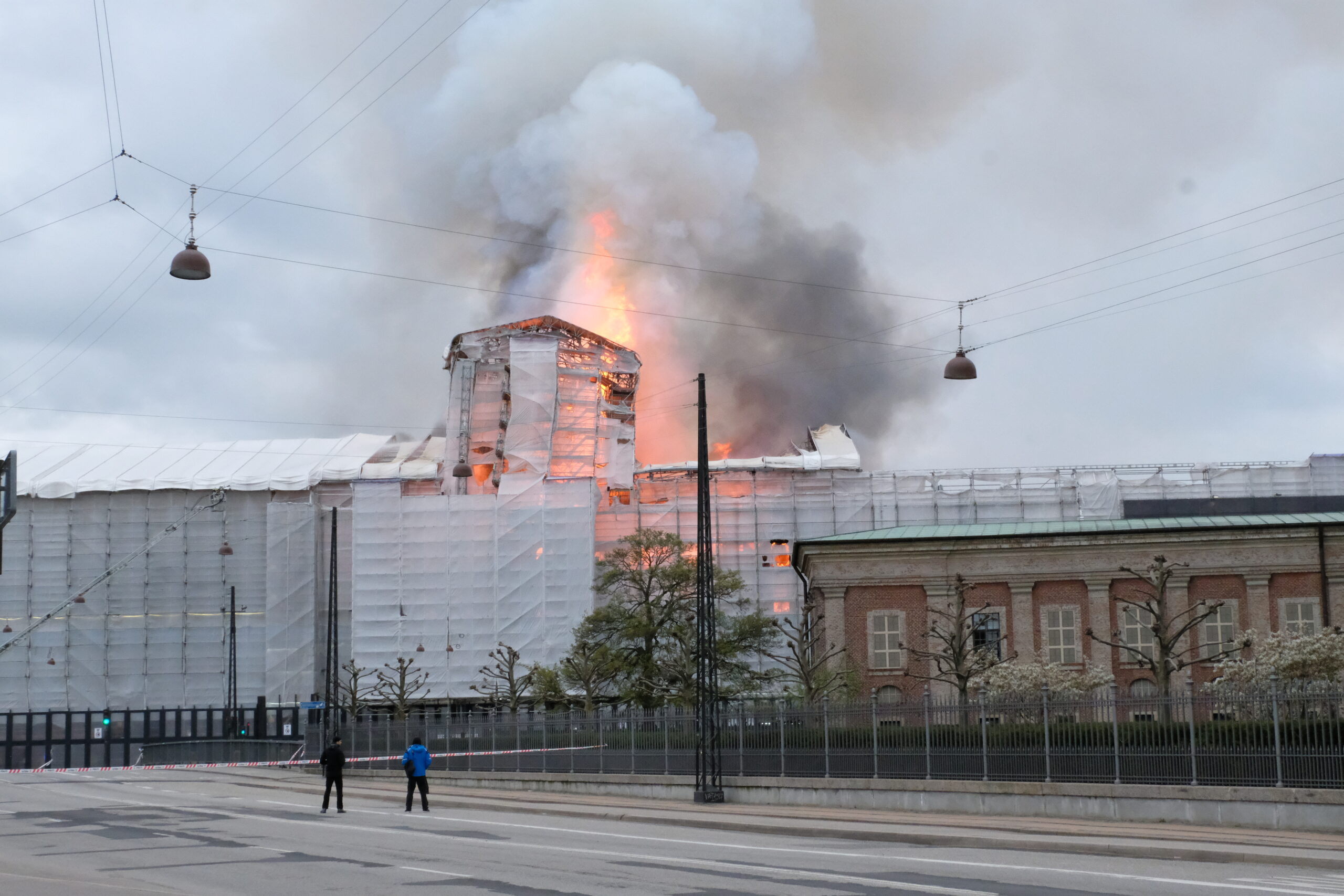It is believed that between 37 and 39 percent of all men are circumcised – including 75 percent of all Americans – the result of a procedure that experts believe started being performed 15,000 years ago.
Head and body-covering scarves and veils were worn by Christian and Jewish women long before the advent of Islam and their garments of choice: the niqab and burqa. When France banned the burqa in 2011, an estimated 0.04 percent of its Muslim population wore them.
But critics will say that stonings and witch burnings both had long-established histories in which they were practised by many, but that didn’t validate their continuance in western society today, so why should it be different with circumcision or wearing a face veil in public.
Minister warns of risk
Should MPs vote to ban circumcisions performed on under-18s – which is believed to be unlikely, although three parties will give their members a free vote – Denmark will not become the first country to pass such an act.
However, in countries like Australia and Germany the law is rarely seen to be upheld, as a circumcision normally involves willing parties: a surgeon and the parents of the infant. The only time we tend to hear of a crime being committed is when an accident has occurred.
The bill is the result of a citizens’ petition started by Intact Denmark on February 1, which eventually obtained the necessary 50,000 signatures. It is already celebrating as its campaign has attracted a great deal of publicity.
A ban would send most circumcisions underground whilst sending out a message to various religions – most notably Jews and Muslims – that the law of Denmark comes before their religious freedoms.
And the defence minister, Claus Hjort Frederiksen, warns that it could cost Denmark some of its allies, leading to sanctions and the kind of anger expressed in the fallout following the publication of the Mohammed Cartoons in 2005.
No jail for offenders
Likewise Denmark’s burqa ban, which was passed on May 31 by Parliament by a comfortable majority of 70 to 30 and bans various sorts of headgear from public spaces, is not the first to be introduced.
France and Belgium have had bans since 2011, while the Netherlands has a partial one. And several African countries, including Chad and Cameroon, have bans for security reasons.
This might explain why the ban, which has been described as an invasion of religious freedoms by its critics, has drawn a somewhat muted reaction worldwide.
Denmark’s ban, which also applies to false beards, masks and hoods that cover the face, will come into force on August 1. A fine of 1,000 kroner will be payable for a first offence, rising to 10,000 kroner for a fifth offence.
Dansk Folkeparti had wanted to send repeat offenders to jail, but it was unable to assemble a majority around it.














